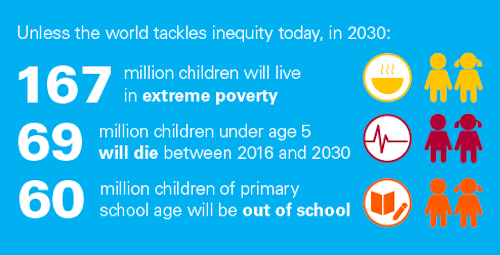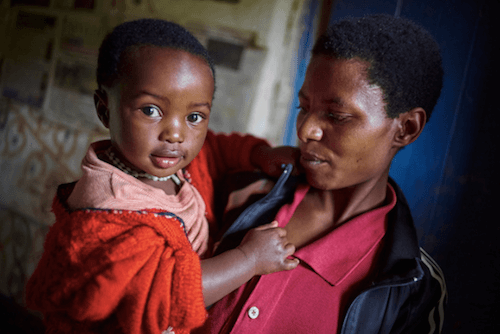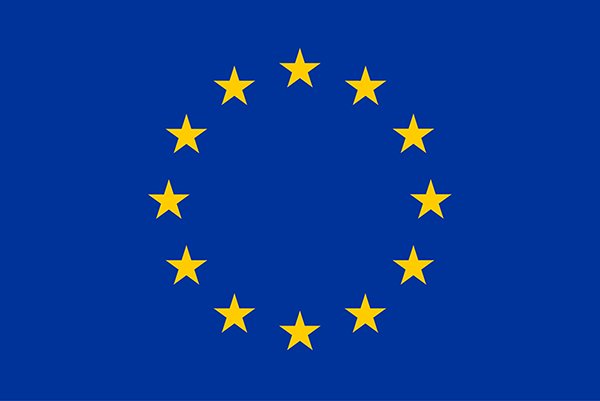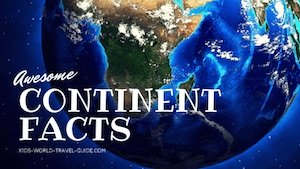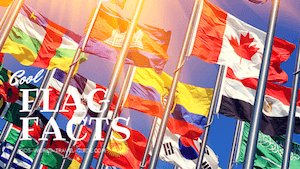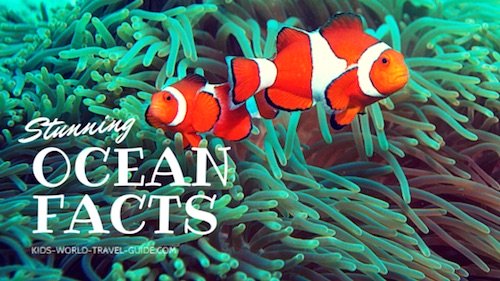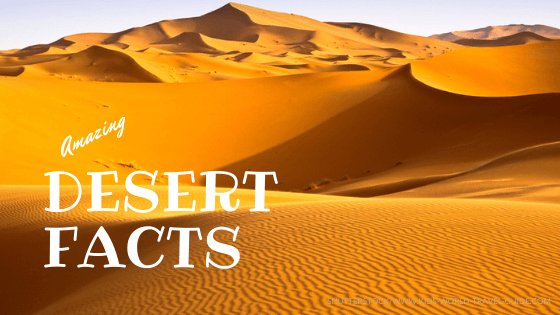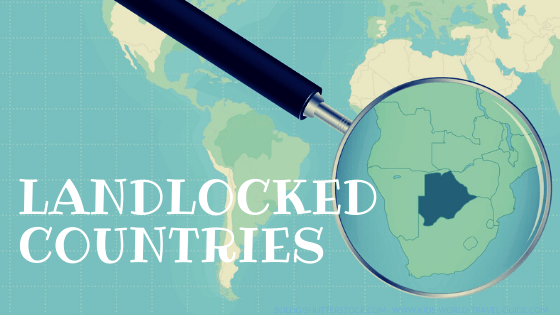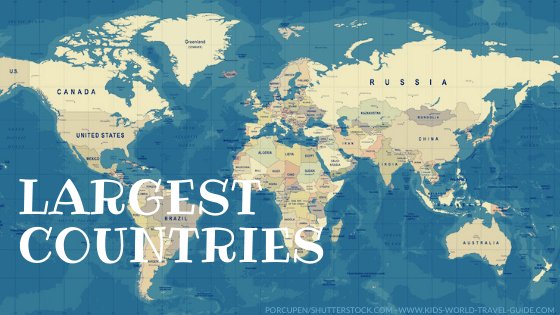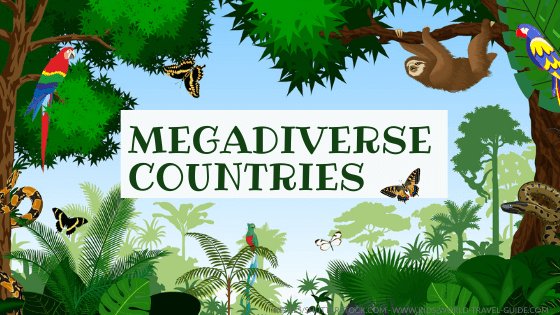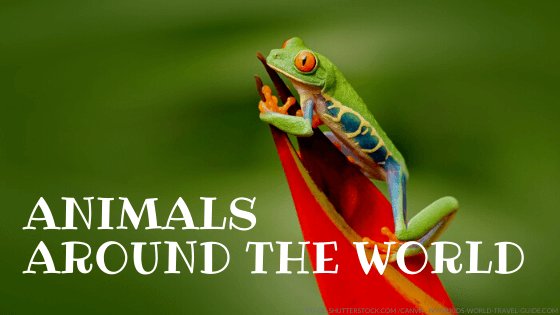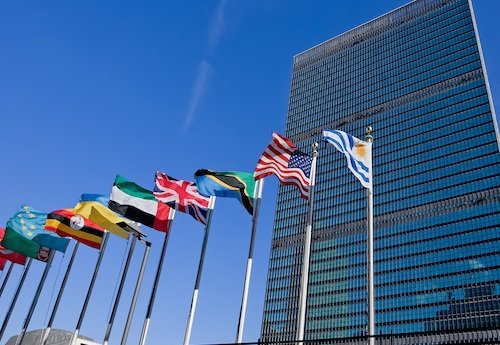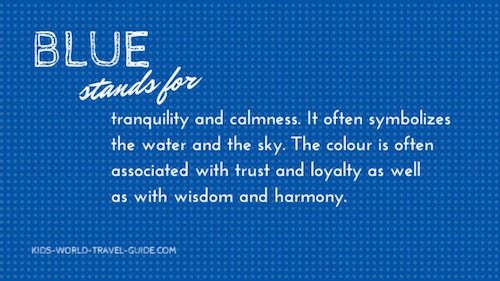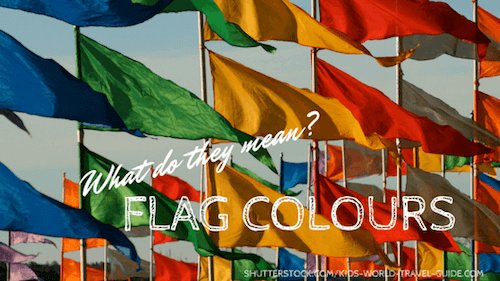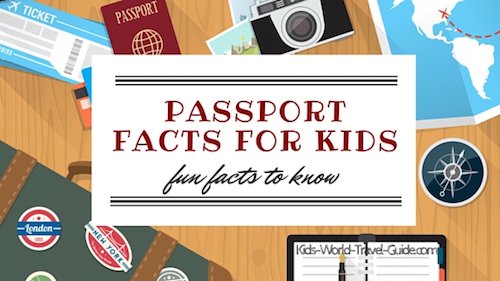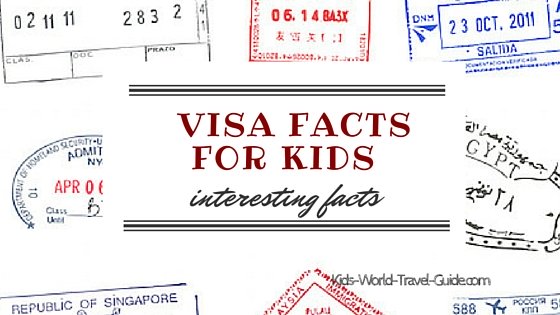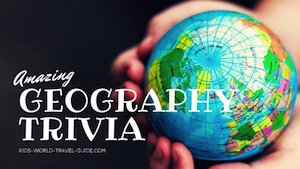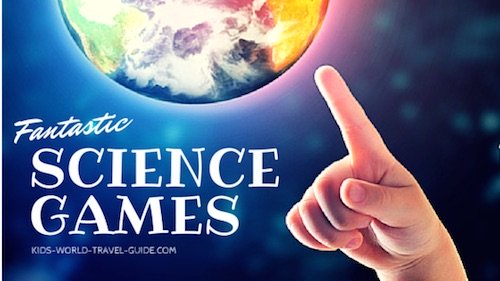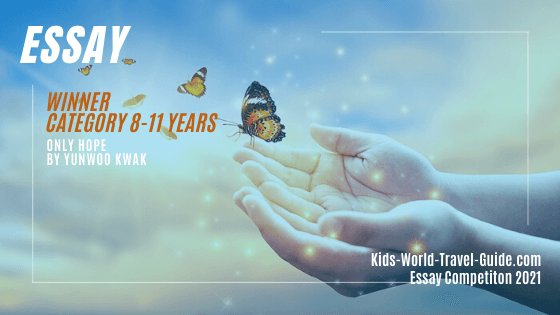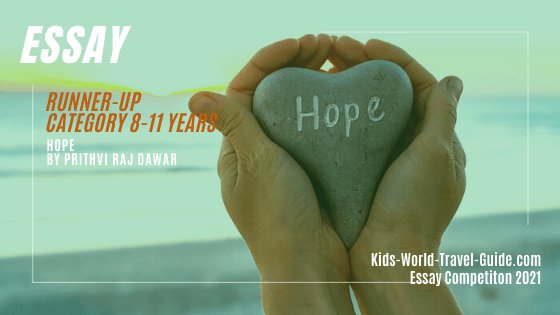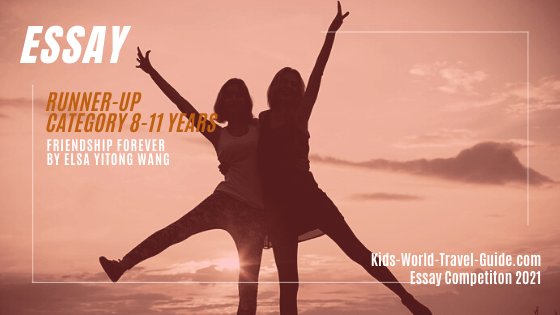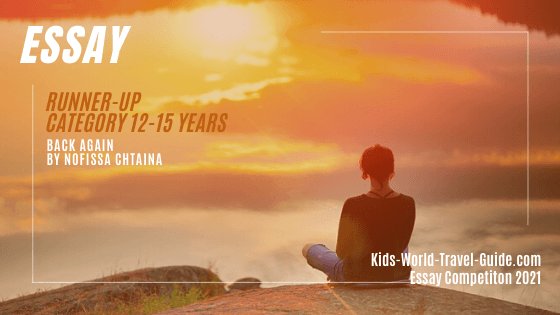UNICEF Facts
Interesting Facts for Kids
Find here our UNICEF Facts for Kids to learn more about his important global organisation. UNICEF is an international organisation that works all around the world to help improve health and education of children.
Did you know that with their work, UNICEF influences the lives of one in three children on this planet every day!
UNICEF helps when disaster such as earthquakes or hurricanes strike or when children living in some of the poorest countries in the world need food or medicine.
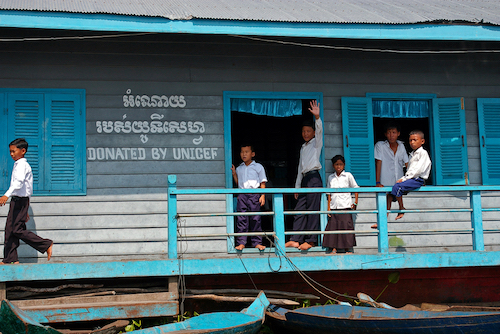 School built by UNICEF - image by Komar
School built by UNICEF - image by KomarThe global organisation builds hospitals and schools and help with the education of children worldwide. With their work they help to make this world a safer, healthier and happier place for children.
10 UNICEF Facts You should know
1. UNICEF is the name of an important global organisation: United Nation’s Children’s Fund.
The name stands for the United Nations Children’s Fund. Initially, UNICEF stood for United Nations International Children's Emergency Fund. In 1953 the two words 'International' and 'Emergency' were dropped from the name, the name UNICEF remained.
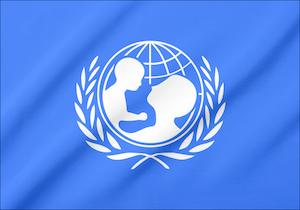 Unicef flag
Unicef flag2. The flag of UNICEF is blue with the globe and the leaves of the UN flag, but with a mother and child within the globe circle.
3. UNICEF Facts: The organisation was founded in 1946 to help protect children after the Second World War, mainly helping starving and ill children who live in war-torn or destroyed regions in Europe, China and the Middle East.
4. The organisation works to protect children all around the world. They provide food, clothes and medicines to children in countries where there are wars or disease outbreaks (such as Ebola, Birdflu, Covid-19, or Zika-Virus). They help when a disaster such as an earthquake destroys villages or towns as happened in Turkey, Nepal or in Indonesia or when hurricanes hit such as in the USA or in Haiti or in conflict regions such as in Somalia.
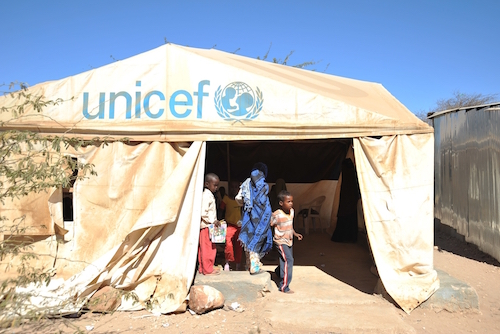 African Refugee Camp School in Somalia
African Refugee Camp School in Somalia5. UNICEF Facts: The organisation works in 190 countries so they can reach children in danger. There are many wars, violence or diseases affecting children around the world every day.
6. The basis of their work is the United Nations Convention on the Rights of the Child. Read more about this convention below.
7. UNICEF is supported by donations of governments, charities and foundations and private persons. The global organisation has a network of 36 national committees, of these UNICEF USA is the oldest organisation. They work with many partners and volunteers as they need to collect big amounts of money to help the many children in danger or in need. Therefore they run fundraising drives to collect money that they then give to disaster relief projects, medical care and educational programmes.
8. UNICEF wants to create a more equal world, a better world for all children. There are too many poor children, and those who are ill and hungry and those that would love to go go school, but cannot attend school due to wars or conflicts. Sometimes also children are not allowed to go to school, simply because they are girls! UNICEF works hard to support all boys and all girls. However, if the world does not change, the future will not be good! Here are some numbers:
9. UNICEF Facts: Common vaccines such as those against typhus and polio only cost around 1$/1€ or less than 1£ per vaccination, but still so many families around the world cannot afford this. UNICEF provides free vaccinations to one in every three children worldwide.
10. UNICEF’s main goal is to give ‘every child the chance to grow up healthy, happy and safe’.
Support the children
'Everyday thousands of children will die from diseases that are easy to prevent. Thousands more will die because they don’t have the food they need to live and grow. And yet more will experience violence, crime and war. Millions of children around the world are in danger, every day.'
UNICEF also distributes mosquito nets and medicines. They promote and educate people in regions far away from towns and hospitals about safe hygiene, clean water or medical care. They send emergency help and life-saving food to regions that are stricken by disease or war.
There are many events that are organised to support the work of UNICEF. Volunteers can help with events and fundraising. Every little donation helps them continue with their much needed work. For example, in England in 2015, donations were raised for children in Syria and the organisation helped to provide 1.3 million sets of winter cloths to children.
The donations given to UNICEF go to the organisations that help children directly. About 80-90% of the money collected go straight into projects! Only a very small part of the money goes to the organisation for their work. Most people working for the organisation volunteer their time and work for free. So help to spread the word about the amazing work this global organisation does.
The United Nations Children's Rights Convention
The United Nations Convention on the Rights of the Child (UNCRC) is most widely accepted in the word. It is the most 'ratified' human rights treaty in the world. Ratified means it has been made part of the different country’s laws. All UN member states, except the USA, have ratified this important convention for children's rights! In the UK, it was signed into UK law in 1992.
Among the rights which are named in the convention are: the right to relax and play (Article 31), the right to freedom of expression (Article 13) the right to be safe from violence (Article 19) and the right to education (Article 28).
Other World Organisations and Associations
Competition Winners 2022
 |
 |
 |
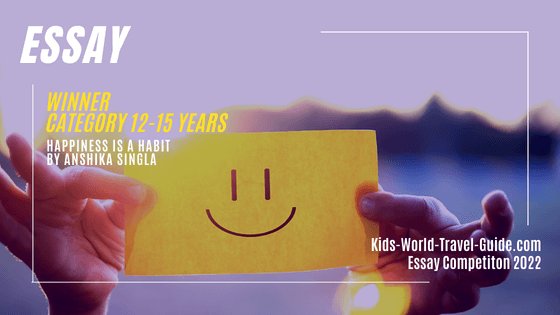 |
 |
 |
We hope you have enjoyed reading our Unicef facts and please bookmark our website. Have fun exploring our wonderful world:-)
To find out more about UNICEF USA
UNICEF UK website
Return from Unicef-Facts to Kids-World-Travel-Guide Homepage
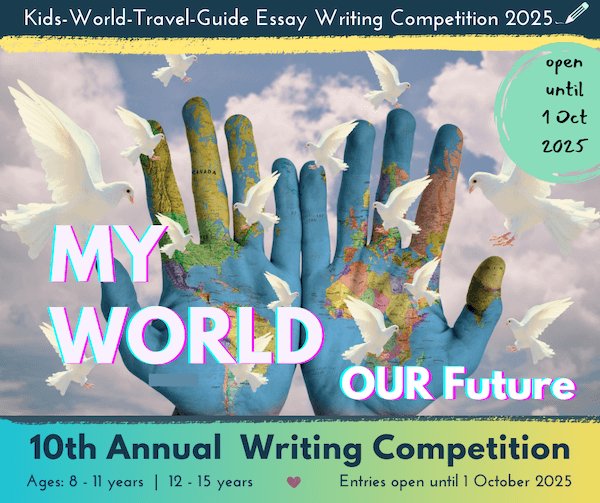
Follow us on Facebook

|
Let your friends know! Copy and paste into mails and onto your website, blog or Facebook page: |
***
